I got this in my email this morning, and thought there might very well be some in here in a situation, or KNOW someone in a situation where they might benefit from reading this story, as told through the eyes of a 13 year old boy whose father was dying of cancer. It's pretty tough:
It was just another day in middle school -- joking around, making fun of kids, and disrupting classes. Math was the last one of the day and most kids found it to be a joke because the teacher had no control over our behavior and we exploited that.
In the middle of class, my friend Sam handed me a letter with my name on it. I was certain I was in trouble -- again. That was my daily routine: getting a letter from one of my teachers, being sent to the office, getting detention or even suspended.
The letter was written by my mother, informing the teacher that my father had cancer and to please be more lenient with me in class. I raced out of the classroom, crying. All of the kids thought I was trying to disrupt things, as usual, and my teacher came running after me, yelling for me to come back.
He caught me in the hallway and told me to calm down. I told him what the letter said and I asked him if he had read it too. He reluctantly said yes and kindly offered to take me to the office, where my mother was waiting to pick me up.
I was anxious the rest of the day as I waited for my father to show up. Finally, in the evening, he arrived in his black Volkswagen Beetle, surprised to find me waiting for him in front of my mom's apartment building.
For the next hour, we discussed how to go about things, but I didn't feel like much of a participant. The conversation was more at me than with me. My parents were doing their best to relieve my stress, but every word they spoke corresponded with cancer. They asked me if I had any questions but I was too numb to say a word. That single hour was the most serious, real moment I had ever spent in my thirteen-year-old life.
After that, everything changed.
As my father's sickness became a lifestyle, it affected my average day. I would leave school but not find him there to pick me up. I would call to play catch or go for a drive, but he would be too tired. I would go days without seeing him. If I brought up cancer, he would shut down, and if I brought up an interesting topic, he would loosely listen. Our bonding time turned into questions about his possible death, which irritated and scared him. So, we did mindless activities, like watching TV.
One night, at my mom's house, I found out that his cancer had spread to the brain. I immediately ran outside in my shorts even though it was snowy. I had to find my dad and hold him. I ran to his apartment and he was surprised to see me. He acted as if nothing was wrong, and I asked him if the illness had really gotten worse. He told me he was feeling fine, but I knew how sick he was. Days later, his illness became more obvious as he began slurring his words. He had headaches and he was irritable all the time.
Every night before I got in bed I would ask my mom if my dad's condition was "in the status quo." One night, she told me the cancer had spread to his liver. I just cried all night.
Focusing was pretty tough during school. I left class frequently just to think. While my dad was dying, everything I did seemed like it might not last. My father's health seemed short term and my relationship with him was too.
On the day my dad died, my mom came to school and told me it was time. I went to his apartment and watched a man in a bed waiting to die, a man named George who seemed like someone I'd never met before. No one knows if he accepted his death, but my eyes saw a man who was ready.
When it was finally over, I didn't really know how to feel. I was in a state of shock, but mostly I was ready for a new beginning. I was sad, but I was also happy. I was glad my father was out of pain.
I didn't have to deal with the stress of him dying anymore. But, unfortunately, when every single person shared their condolences all it did was make me think about him.
Looking back, I think one of the most depressing days was when we saw our last movie together. I woke up that day knowing it would be the last one. He was getting too skinny and too tired, and he was ready to die. That morning, my mother and I dragged him out of his apartment and took a taxi to the theater.
Constantine was about the devil and death, and made sharing the last movie with my dad very awkward. Most of all, it was sad. Imagine having to say goodbye to your dad for like, forever. The whole time I was just trying to make conversation to get my mind off him dying. But he didn't feel like talking.
He was just dying.
The way I am now is confusing. There are some things that I can't think about or I will cry.
Thinking about the year that he had cancer mostly does it for me. Sometimes, I see father-son relationships on TV or in the movies and I get pretty sad. However, on a typical day I barely think about him. I do have fears that other loved ones will become ill and I will have to deal with the same process all over again. I also fear that my mother will die and I will have no parents.
Sometimes, I blame things in my life on my dad's passing from cancer. But right now, that whole thing was a brief period in my life that I never want to think about.


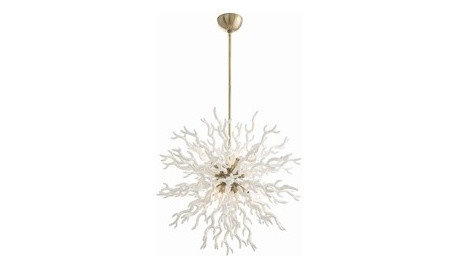
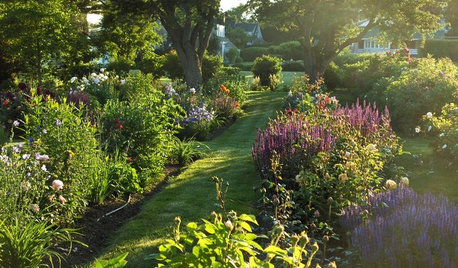
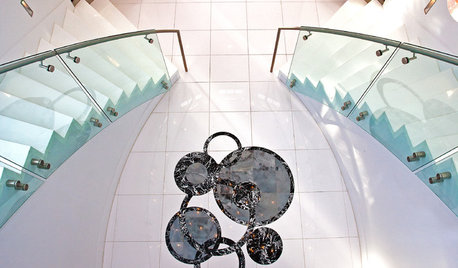
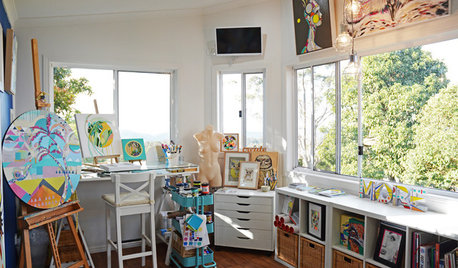
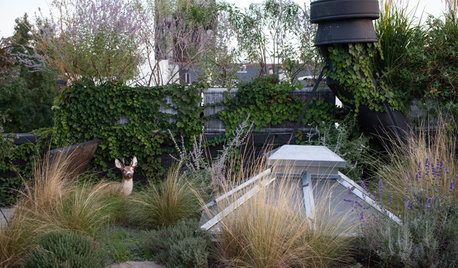
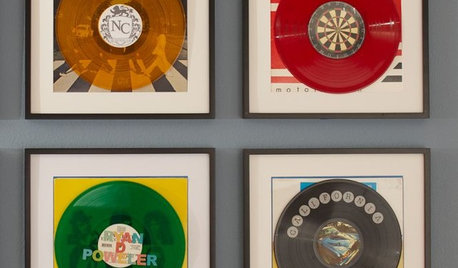











bill_vincentOriginal Author
karin_2015
Related Professionals
Arlington Kitchen & Bathroom Designers · Pleasanton Kitchen & Bathroom Designers · Eagle Mountain Kitchen & Bathroom Remodelers · Blasdell Kitchen & Bathroom Remodelers · Los Alamitos Kitchen & Bathroom Remodelers · Martha Lake Kitchen & Bathroom Remodelers · Omaha Kitchen & Bathroom Remodelers · Sun Valley Kitchen & Bathroom Remodelers · Tuckahoe Kitchen & Bathroom Remodelers · Turlock Kitchen & Bathroom Remodelers · Vienna Kitchen & Bathroom Remodelers · Westchester Kitchen & Bathroom Remodelers · Shaker Heights Kitchen & Bathroom Remodelers · Sharonville Kitchen & Bathroom Remodelers · Mountain Top Kitchen & Bathroom Remodelers